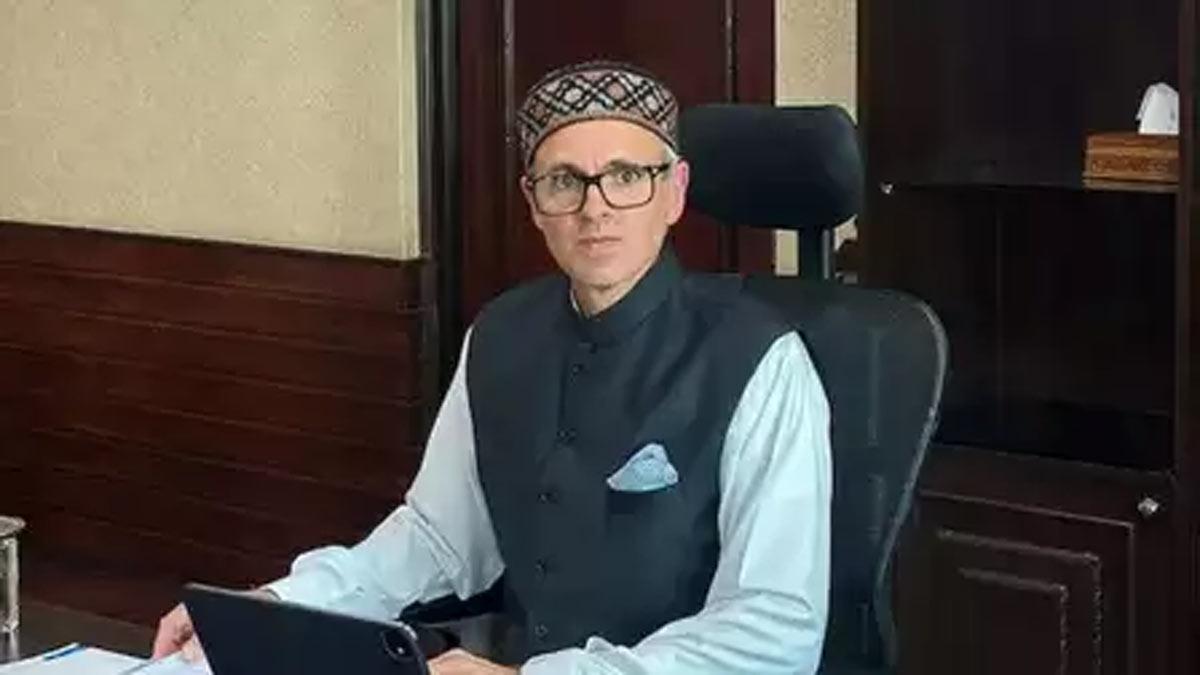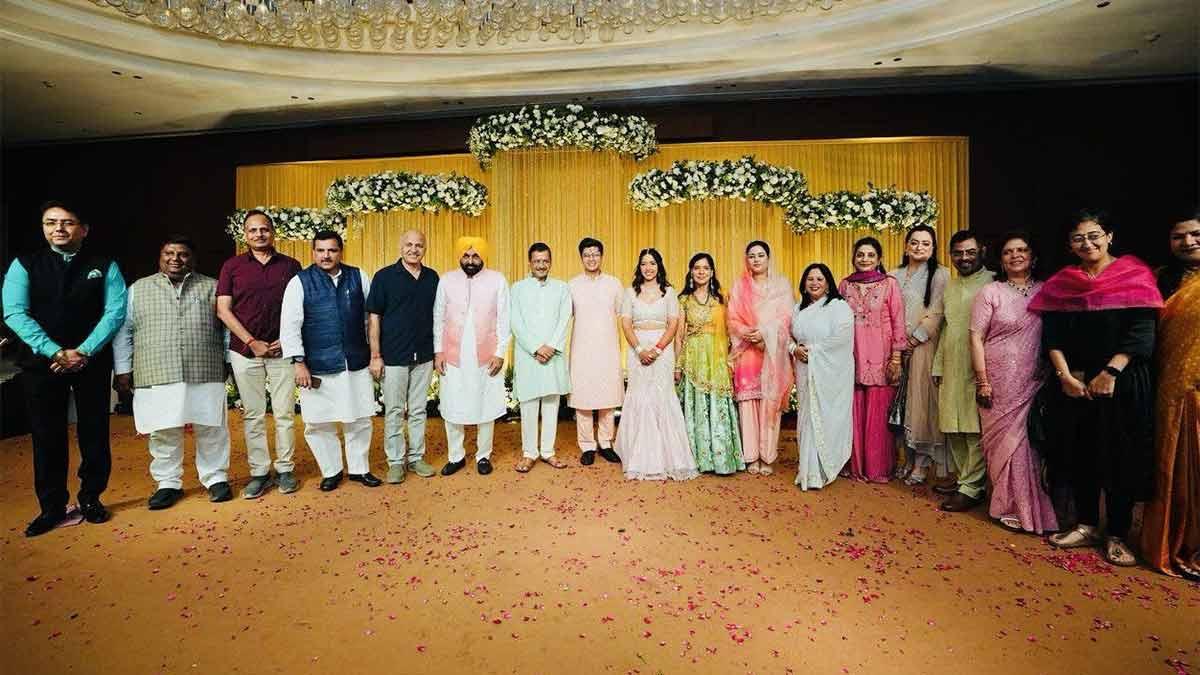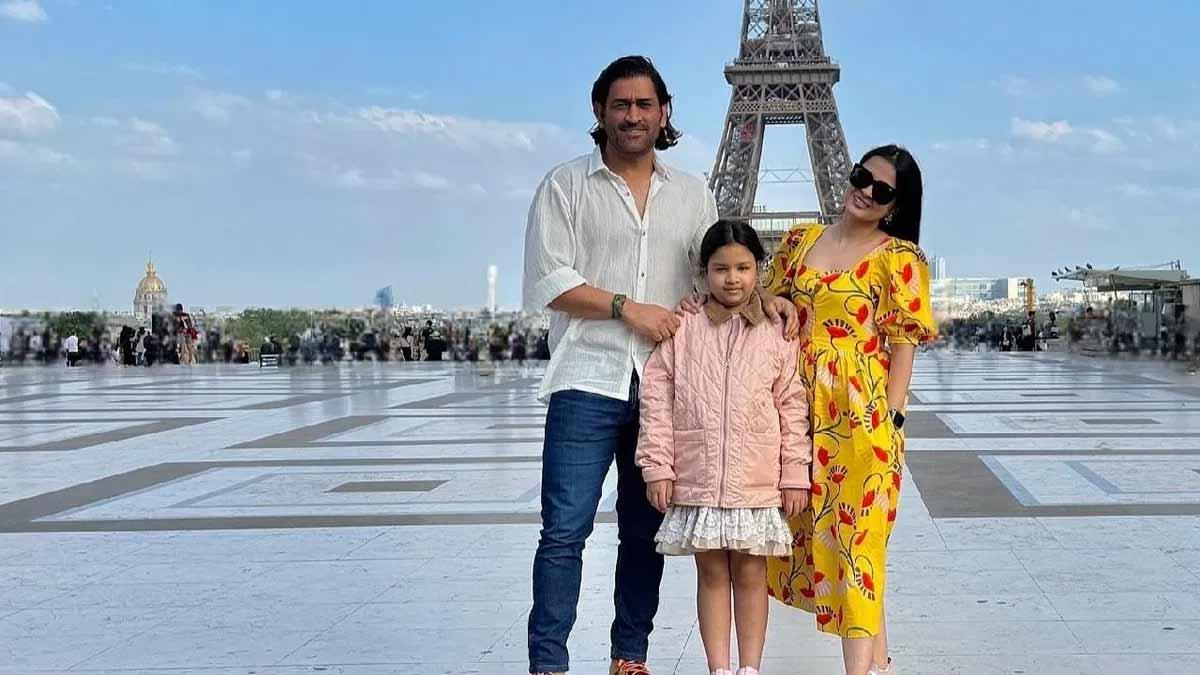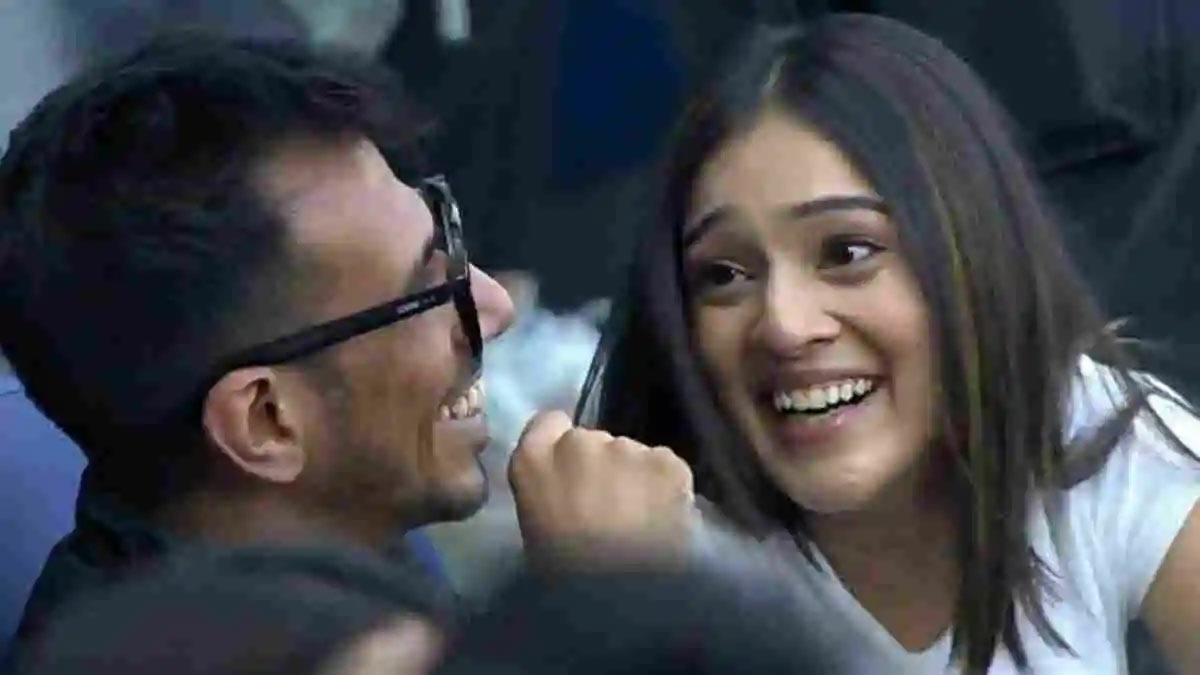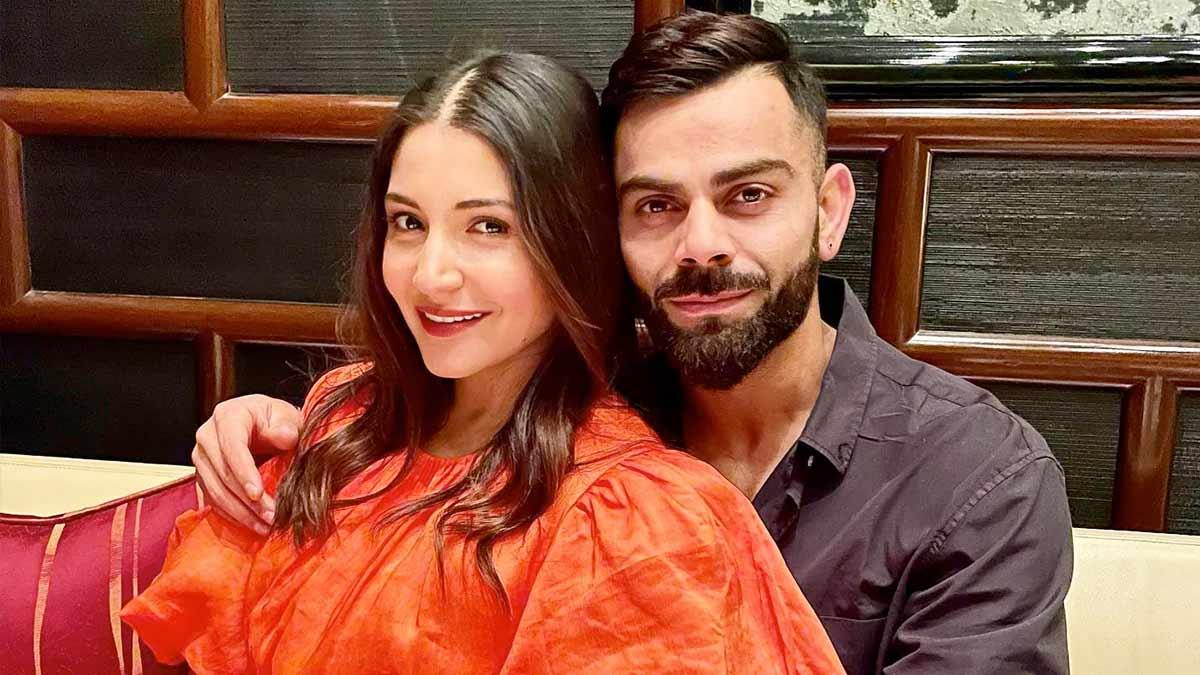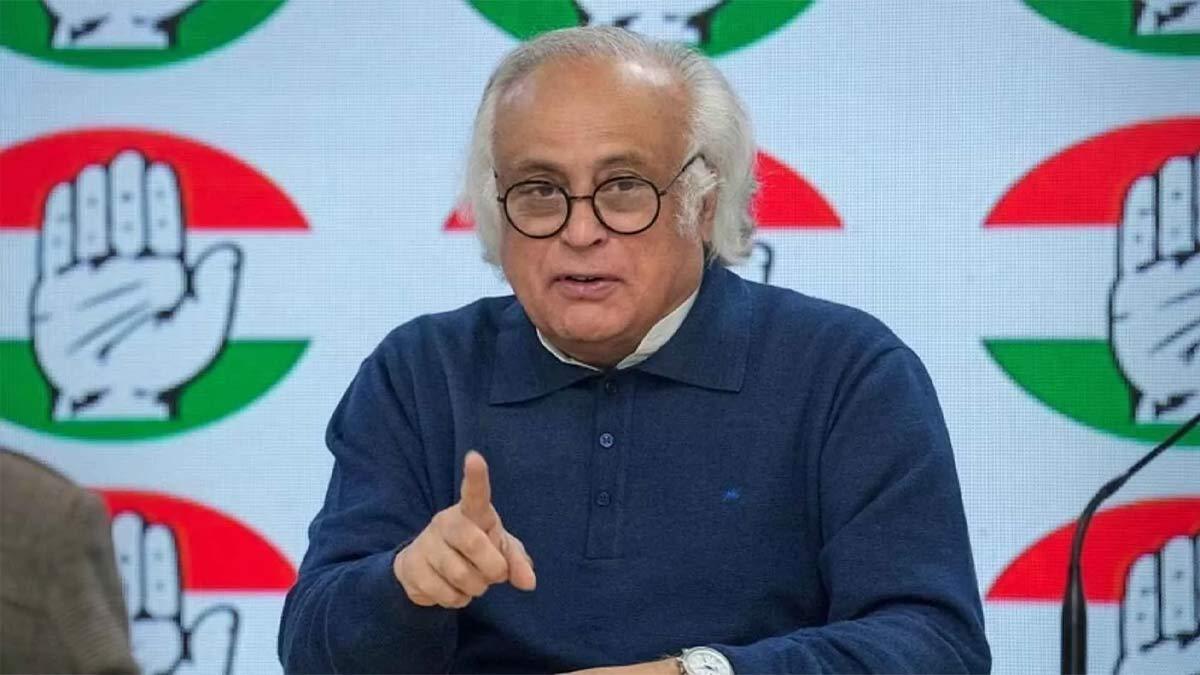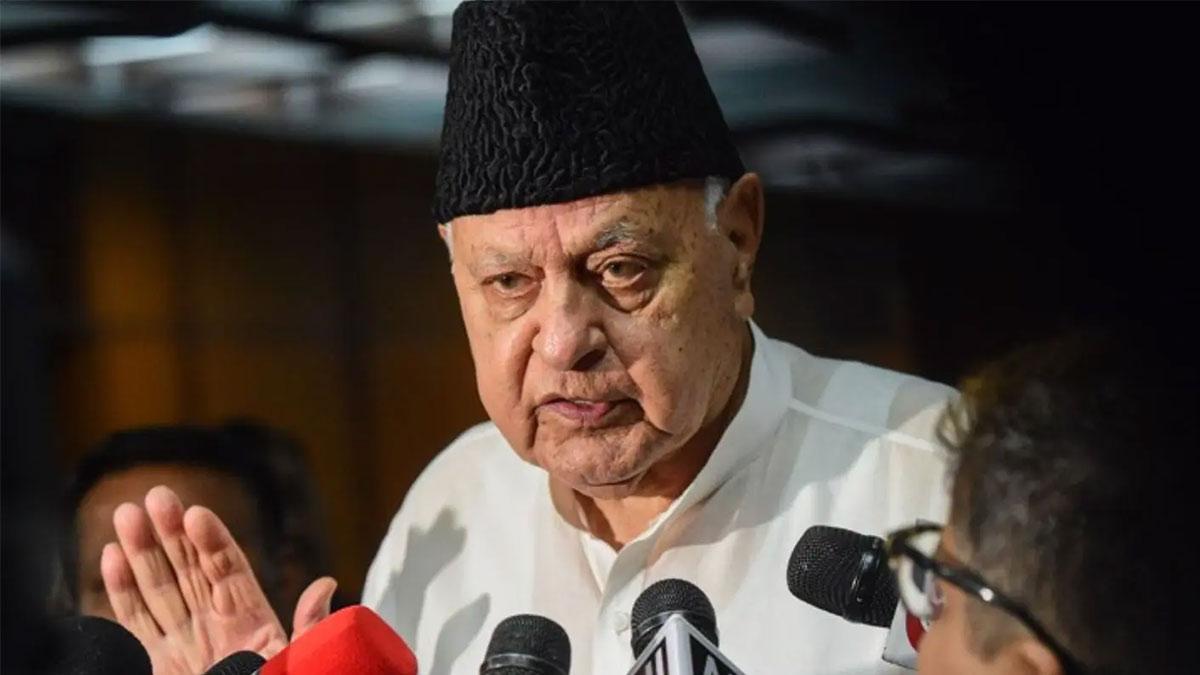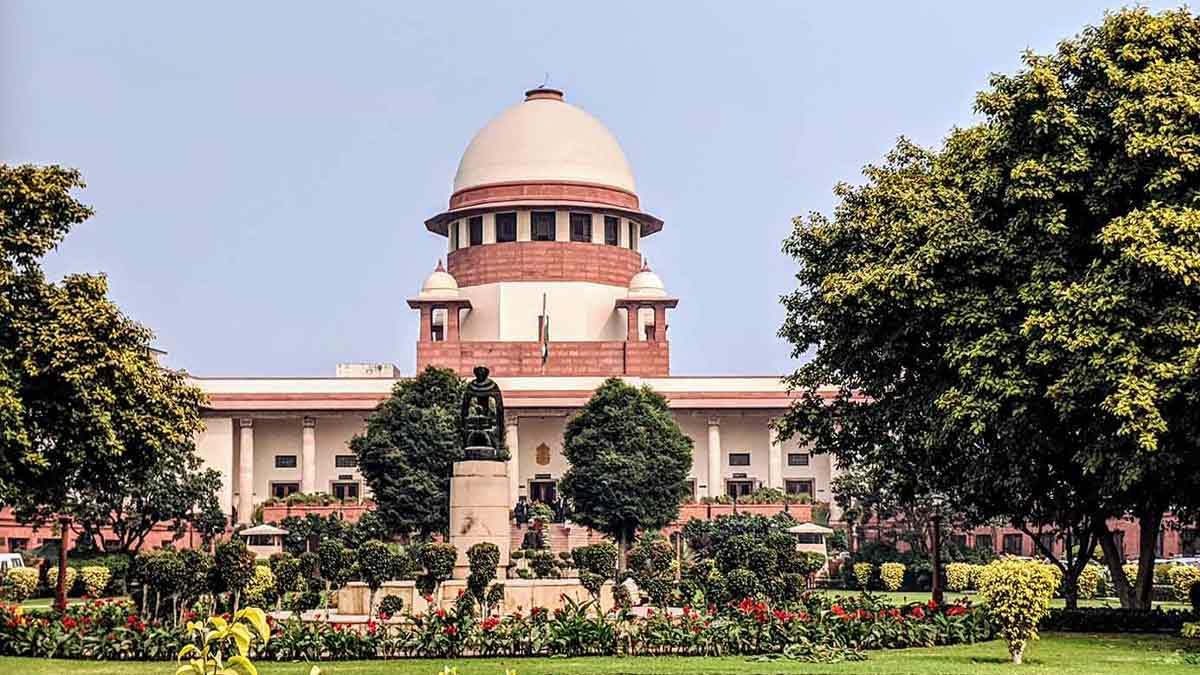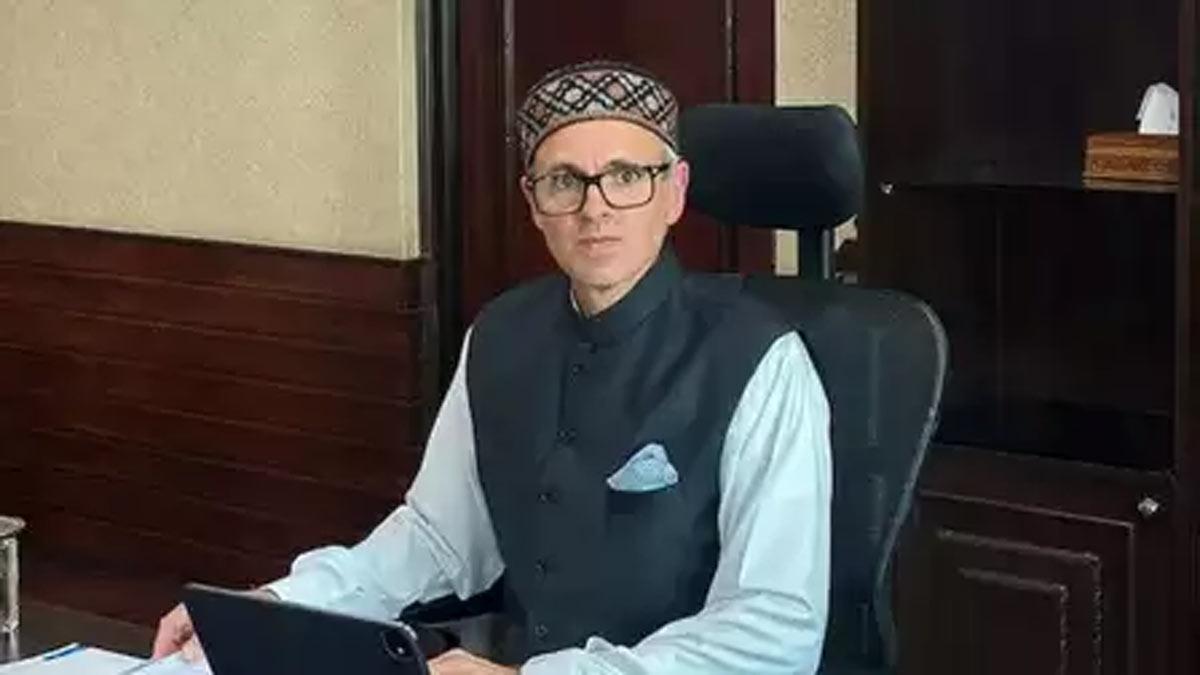Chief Minister Omar Abdullah on Monday expressed hope that unprecedented public outrage over the Pahalgam terror attack could be the starting point of the end of terrorism in Jammu and Kashmir — if the people's support is wisely tapped.
Speaken in an address to a special one-day session of the Jammu and Kashmir Assembly to honor the martyrs, Abdullah promised that his government would make the people's resistance to terrorism more robust. He also requested that the Centre not take any action which might alienate the people after the April 22 Baisaran meadow attack in which 26 individuals, including tourists, lost their lives.
Calling the attack "the most unfortunate," Abdullah referred to the spontaneous mass protests across the region. "Militancy, terror, or terrorism will come to an end when people stand by us," he stated with a touch of emotion. "With the anger of the people, this is the beginning of its end if we make the right moves.".
He underscored that terrorism could not be defeated with the gun but could be eradicated if the government and the people acted in unison. "I believe the time has arrived when people are moving towards that stage," he continued.
Abdullah added that for the first time, Srinagar's Jamia Masjid and other mosques observed a two-minute silence before Friday prayers for the victims. He added that the significance was such that Jamia Masjid, being controlled by Hurriyat Conference chairman Mirwaiz Umar Farooq, had been a fountainhead of separatist sentiments since the very onset of militancy in 1989.
Listing the victims in his poignant 25-minute speech, Abdullah stated that the entire nation from east to west, north to south experienced the pain of the tragedy.
This is not the first strike in J&K," he reminded the House, referring to earlier atrocities on Amarnath Yatra camps, Doda villages, Kashmiri Pandits, and Sikh communities. But he noted that attacks on civilians had been the exception for over two decades, and the Baisaran massacre was all the more tragic and shocking because of it.
Emotionally shaken, Abdullah has said his tour of the police control room was a salute to the victims and struggling to put words of comfort to crying families. "How do I reassure children who have seen fathers murdered? Or a brides-to-be widow of a Naval officer?" he asked, recalling survivors' tearful questions like, "What was our fault?"
Basing himself on individual guilt, Abdullah said, "As chief minister and tourism minister, I had invited them to Kashmir. As their host, I was under obligation to send them back home safely—and I failed."
He strongly condemned The Resistance Front (TRF), the splinter faction of Lashkar-e-Taiba (LeT), which had claimed responsibility for the attack on grounds of resisting demographic change. Addressing the group, Abdullah queried, "Did we ask for this? Did we ask for 26 innocent people to be sent back in coffins?"
The prime minister pointed out the fact that an almost unanimous "no" to violence existed in Jammu and Kashmir. "For the first time in 36 years, from Kathua to Kupwara, the people spontaneously flowed out of homes to protest the killings. There is hardly any place where the people have not condemned it so strongly on an unconditional 'not in our name'," he mentioned.
Abdullah praised individuals such as Syed Adil Hussain Shah of Anantnag, who were killed in order to protect tourists. He praised acts of courage and hospitality across Kashmir: pony owners who did not leave tourists behind, Shikara owners providing free rides, taxi drivers, and hotel owners providing free service and accommodation.
"I salute and thank them for their deeply ingrained hospitality," he said.
Detailing the significance of the special Assembly session, Abdullah averred that no legislative body, including Parliament, could realize the grief that the victims' families went through as deeply as the J&K Assembly.
"Speaker sahib, the individuals who are sitting before you have lost their own relatives to terror—BJP's Shagun Parihar, NC's Sakina Itoo, Peoples Conference's Sajad Gani Lone, NC's Qaysar Jamshaid. Someone lost a father, someone an uncle," he clarified, talking about how Lone had previously eloquently spoken about his personal loss in the House.
He also remembered such strikes as the deadly October 1, 2001 strike on the J&K Assembly complex that claimed 40 lives.
"That is why I said, neither Parliament nor any other assembly in the country can relate to this agony in the way this Assembly can," Abdullah further said.
Read also| J-K Assembly Condemns Pahalgam Attack; Omar Abdullah Admits Failure as Chief Minister

